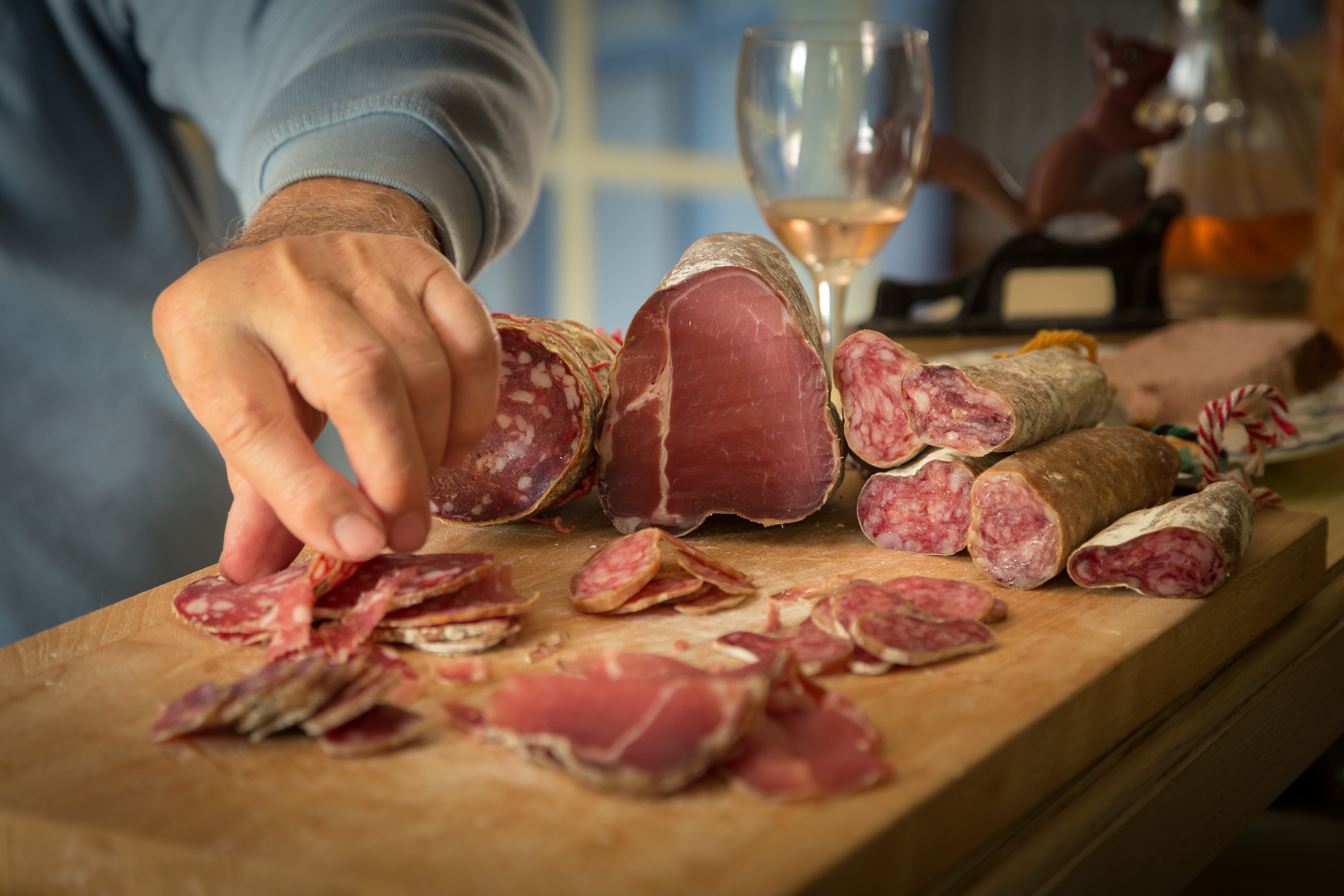Those who produce or process red meat, poultry, eggs, dairy, seafood and horticulture (seed sprouts) in Queensland must be accredited with Safe Food Production Queensland (Safe Food).
An accreditation with Safe Food ensures that these food businesses are independently verified as operating in accordance with food safety legislation and that they understand the food safety risks associated with the foods that they produce – and how to manage them.
A Safe Food accreditation also ensures that a food business has adequate checks and balances in place to protect public health. This includes:
- Operating from a site that is suitable for the production of food;
- Following a regular cleaning and sanitation schedule;
- Ensuring staff have adequate skills and knowledge in food safety;
- Maintaining accurate records to allow for product traceability; and
- Notifying Safe Food if they become aware of an issue that may impact food safety.

Why food traceability matters
Traceability ensures that food can be tracked at least one step forward and one step back from all points throughout the supply chain. For example:
- your local butcher keeps records of where meat and supplies have been sourced from and sold onto;
- the stamp on your eggs provides a unique identifier of the farm that it was produced on; and
- a cheese manufacturer keeps records of who they supply to (e.g. cafes and restaurants).
The ability to trace food through all stages of production, processing and distribution is important to food businesses, and consumers as well.
Not only does it assist consumers in finding out where their food is produced and made, but in the event of a food safety incident or recall, an effective traceability system can help isolate and prevent contaminated products from reaching consumers.
Those who operate without an accreditation
If an individual or business is operating without an accreditation, then they may be operating illegally. Some of the most common activities we hear about that may require an accreditation include:
- Selling meat (including pet meat) to the general public
- Supplying unstamped eggs into the marketplace (e.g. at farmers markets)
- Supplying meat/eggs/seafood/sprouts/dairy produce to retail establishments (e.g. bars & restaurants)
How do you know if someone is accredited with Safe Food?
To verify if you are buying from an accredited supplier:
- Ask to see their current Safe Food accreditation certificate. We issue a new one at the start of every year to accredited businesses.
- Ask for their Safe Food accreditation number and search for it on our Accreditation register. This online register helps verify that the individual or business holds a current Safe Food accreditation.
If you suspect that an individual or business may be operating without an accreditation, please notify us by calling 1800 300 815 or completing this online form. All complaints are treated anonymously and will be followed up.
